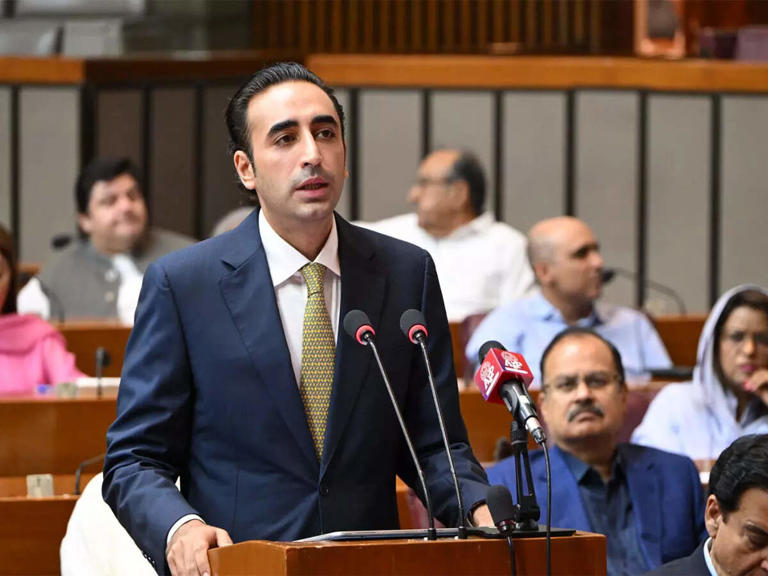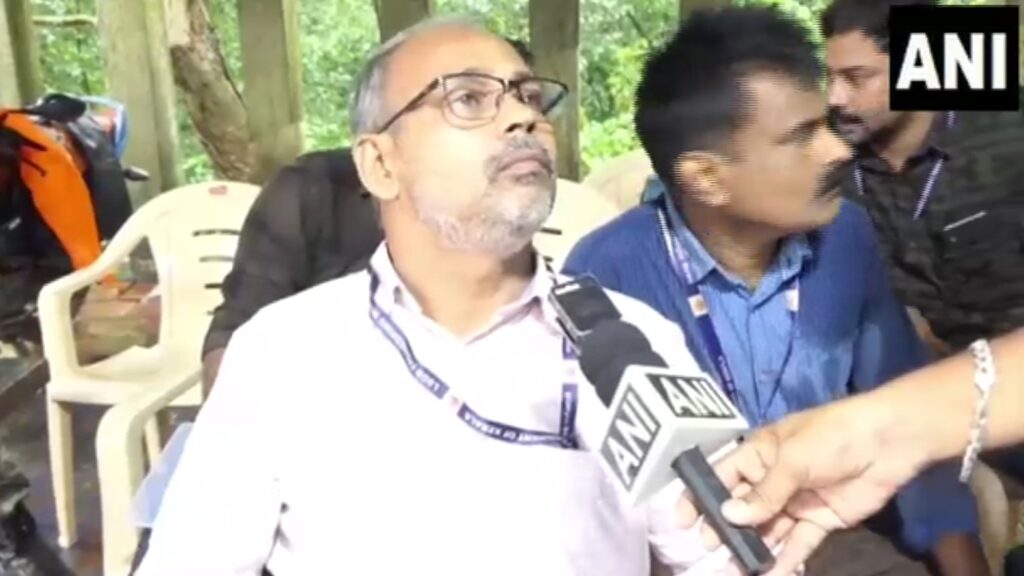PPP Leader’s War Talk Over Indus Waters Treaty Shows Desperation Amid Internal Collapse
In yet another dramatic outburst that reeks more of desperation than diplomacy, Pakistan People’s Party (PPP) leader Bilawal Bhutto Zardari has threatened war against India if the Indus Waters Treaty (IWT) is revoked or altered. Speaking as if holding a mic at a school debate rather than a political podium, Bhutto claimed that “Pakistan will go to war if India denies us water under IWT” — a statement that says more about Pakistan’s insecurity than India’s intentions.
This sudden panic stems from India’s discussions around re-evaluating the 1960 Indus Waters Treaty, originally brokered by the World Bank, which allocates water usage rights from the Indus River system between the two countries. While India has full rights over the three eastern rivers (Ravi, Beas, Sutlej), Pakistan has rights over the three western rivers (Indus, Jhelum, Chenab) — a deal India has honored despite decades of cross-border terrorism, ceasefire violations, and diplomatic hostility from Pakistan.
Water War or Political Drama? Bilawal Bhutto’s Hysterics Expose Pakistan’s Fragile State
In his aggressive remarks, Bilawal Bhutto called water Pakistan’s “lifeline” and accused India of violating the “spirit” of the treaty. He conveniently ignored the fact that India’s current discussions involve only legally permissible infrastructure projects like run-of-the-river dams — none of which violate treaty norms. But logic and legality rarely bother Pakistan’s political class when there’s an opportunity for performative outrage.
"India has only two options : agree to the Indus Water Treaty, or Pakistan will wage WAR and SEIZE ALL THE 6 RIVERS" : Bilawal Bhutto pic.twitter.com/j2EaQUwydI
— IndiaWarZone (@IndiaWarZone) June 21, 2025
Instead of introspection over decades of water mismanagement, corruption, and over-dependence on a single river system, Bilawal chose to deliver empty threats and appeal to the international community — again. It’s almost a Pakistani ritual now: stir up drama, blame India, and beg the world to intervene. Unfortunately for Islamabad, the world seems less interested in these melodramas, especially when Pakistan is itself teetering on the edge of economic collapse, food insecurity, and political anarchy.
It’s ironic that a country which has weaponized terror for decades is now pretending to be a victim over water rights that India has honored for 64 years. In fact, if India were to treat treaties the way Pakistan treats international obligations, Pakistan would have run dry long ago.
Bilawal’s war talk isn’t strategy — it’s theatre. A young dynast, failing to stay politically relevant, now seeks to provoke nationalist emotion using fear tactics. But India has moved on. New Delhi’s water diplomacy, backed by legal argument and global credibility, stands in stark contrast to Islamabad’s tantrums and threats.
In the end, it’s not India that’s drowning Pakistan — it’s Pakistan’s own dysfunctional politics and misplaced priorities. And no war cry can fix that.





















